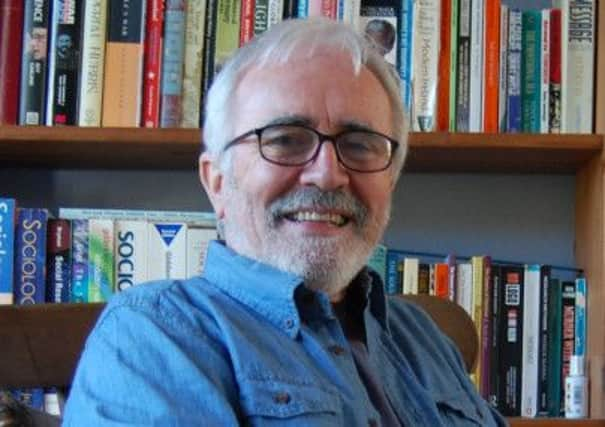Don’t waste your ‘nows’


Some of us deal with it by choosing to live in the future; ‘one day this will all be over,’ in the sweet bye and bye.
The trouble is that when we make either of these choices, preferring what was or what might be, we miss the joys and the challenges of the present.
Advertisement
Hide AdAdvertisement
Hide AdErnest Hemingway understood this. In his classic book, For Whom the Bell Tolls, he relates how one of his characters, Robert Jordan, was injured as he and his band of guerrillas were making their escape into the hills after blowing an enemy bridge – the book was set in the Spanish Civil War.
He knew he would be a hindrance to his colleagues and so he took up a position in a cleft in the rock and armed with a machine gun set about holding back their pursuers as long as he could, in the certain knowledge that he was soon to die.
There followed a sort of a monologue with himself, between bursts of gunfire as he thought about his impending death, and he realised that all he had, all any of us ever have, is ‘now’. He was right, but I would add a cautionary note, don’t waste your ‘nows’ by brooding over the past or longing for the future.
I thought about this recently as I read again about the death of Lazarus in the Gospel of John. Lazarus’ two sisters, Mary and Martha, sent a message to Jesus saying that their brother was very sick, but Jesus stayed where he was for a further two days, so that by the time he arrived home in the village of Bethany, his friend had been dead for four days. Martha, one of the sisters, met Jesus in the graveyard and cried, ‘Lord, if only you had been here, my brother would not have died’ – she was dwelling on the past, in the familiar world of ‘if only.’
Jesus told her, ‘Your brother will rise again.’
Advertisement
Hide AdAdvertisement
Hide Ad‘Yes,’ Martha said, ‘he will rise when everyone else rises, at the last day’ – now she was dealing with the pain of today by focusing on the future, but Jesus told her, ‘I am the resurrection and the life...’
When Jesus said, ‘I am...’ I think he was saying was, ‘I am, the God of the now, I will walk with you through your trials and disappointments, your joys and your pain’, and in another place he said much the same but with an odd juxtaposition: ‘Take my yoke (burden) upon you, learn of me... and you will find rest.
Now, when all is said and done, if you are in a difficult position today, pretending it’s not there won’t make it go away. The lesson here is, look at your problem, study it, embrace it, learn from it and when you finally move on – as you surely will, you will find rest.
Doesn’t that sound like God’s way of dealing with the hardships of life?